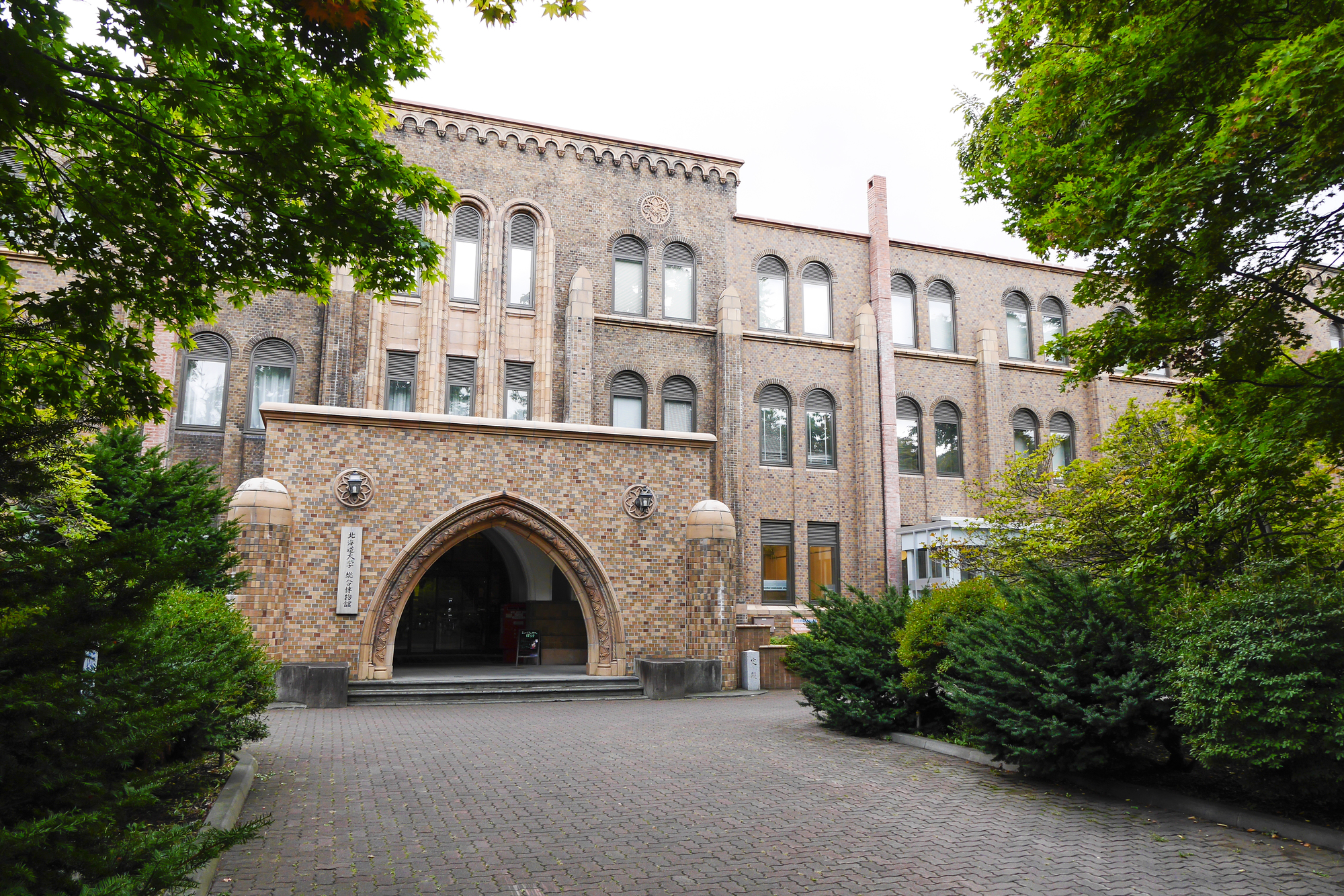The research project "Environmental response and space utilization of moss plants in space (Space Moss)" by Associate Professor Tomomichi Fujita of Hokkaido University was adopted as a research project using the Japanese Experiment Module "Kibo" of the International Space Station.In the future, we plan to consider a concrete plan with the aim of implementing it within two years.
The reasons for using moss are that it grows in a harsh environment even on the ground and that it does not take up space.In addition, in terms of investigating plants that have not been investigated so far, we can expect to obtain clues to clarify the response to the space environment that is common to all plants.The findings obtained in this research will be useful for the development of plants suitable for material production in space, together with the findings obtained in experiments using angiosperms so far.
If we can cover everything that humans need to live in a small space station, we will be able to stay for a long time without replenishment or move to space.Or the dream of moving to the moon or Mars will come true.

